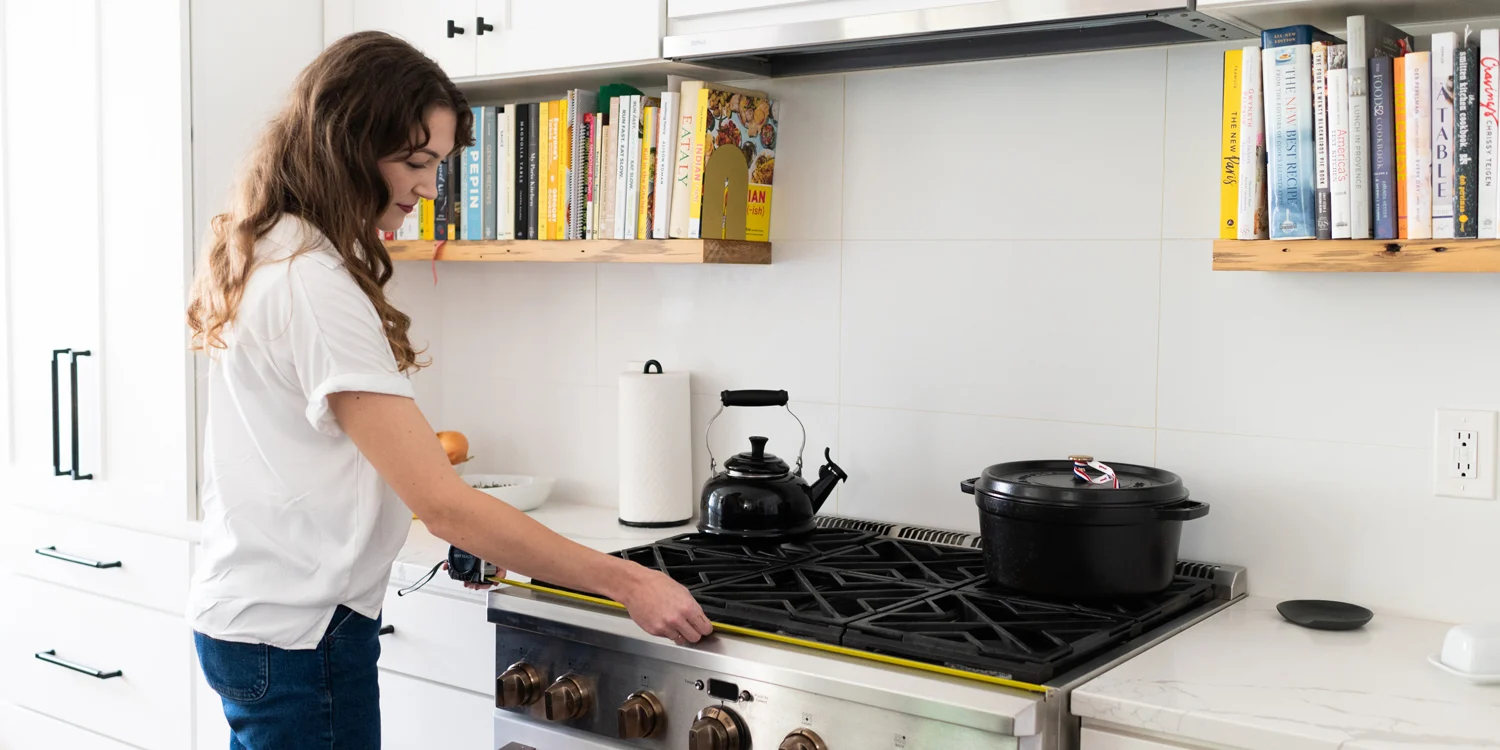HOW TO WIN AT GETTING READY FOR A HOME INSPECTION
By Deborah Rutter
There’s a lot of discussion these days about staging a home for sale: get rid of your pictures; put out flowers and cookies; clean everything! It’s excellent advice because we know buyers can be subtly influenced by a welcoming environment. Who isn’t?
But what about once your house is under contract? Your staging worked! And now your likely next step is the home inspection. This is the time when buyers will probably be at the house for the longest amount of time yet in the process, along with their inspector. How can you get your property ready for this next step? It’s easy!
First, consider the players—the buyer(s) and the inspector. They will likely spend hours at the property and a good inspector’s job is to find everything out about the property that can be discovered, good or bad. Their time there, without you present as a seller, means that the house to speak for itself, and that means getting it ready to shine, literally and figuratively.
Start with cleaning.
Sure, you cleaned to get it ready to get it ready to sell, but all the places you ignored like the pantry, closets, attic, basement, garage, behind and around the water heater, and electrical panel? Now is their time, too. Homes that are super-clean (not just tidy, but actually clean) inspire confidence. If you’re not good at cleaning, or hate the task, hire someone else to do the job. Under, around, on top of everything. Corners, crevasses and counter-tops, stove, toilets, and refrigerators. Dog in the yard? Don’t forget to scoop poop! You may not care or know where to avoid stepping, but strangers won’t. Nothing makes a buyer have second thoughts about other maintenance issues you might have neglected more than a dirty house.
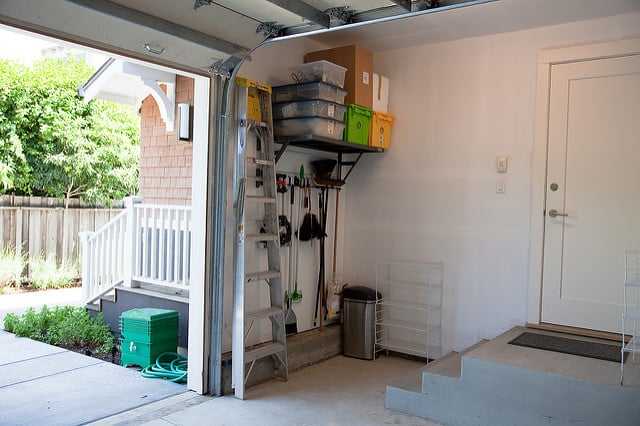
Fix things that don’t work.
These are considered defects and will come up in even the most basic overview. Sure, you may not care that the bathroom fan hasn’t worked for years and just opened the window, but that won’t fly with a buyer. If it’s present, it should work. Doors should shut all the way and stay shut, windows should stay open, all the lights and overhead fans should work. Even the doorbell. Buyers love when the doorbell works. Gates should latch, locks should lock. Does it have a function? It should perform that function. Ice makers, microwave and their fans and lights, whirlpool motors in bathtubs, drains and drain stoppers. Everything.
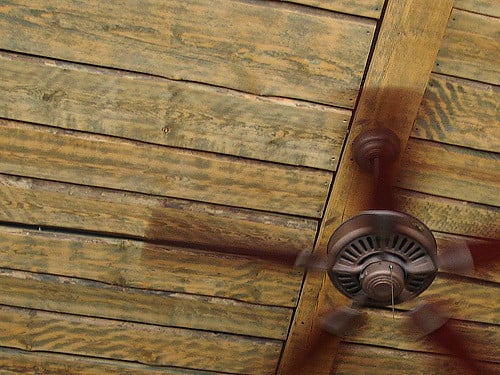
Perform regular maintenance.
Change your air filters in your HVAC system — a dirty filters says, “I was too lazy to do the basics for one of the most expensive systems of this property.” If it’s been more than a year for a regular servicing, get that scheduled now. Clean the gutters, trim the bushes near the house, doors, windows and heating and cooling compressors outside. Oil squeaky hinges, nail down popped up boards, clean out the dryer lint. On a private septic system? Have it pumped and inspected if that hasn’t been done in the last five years.
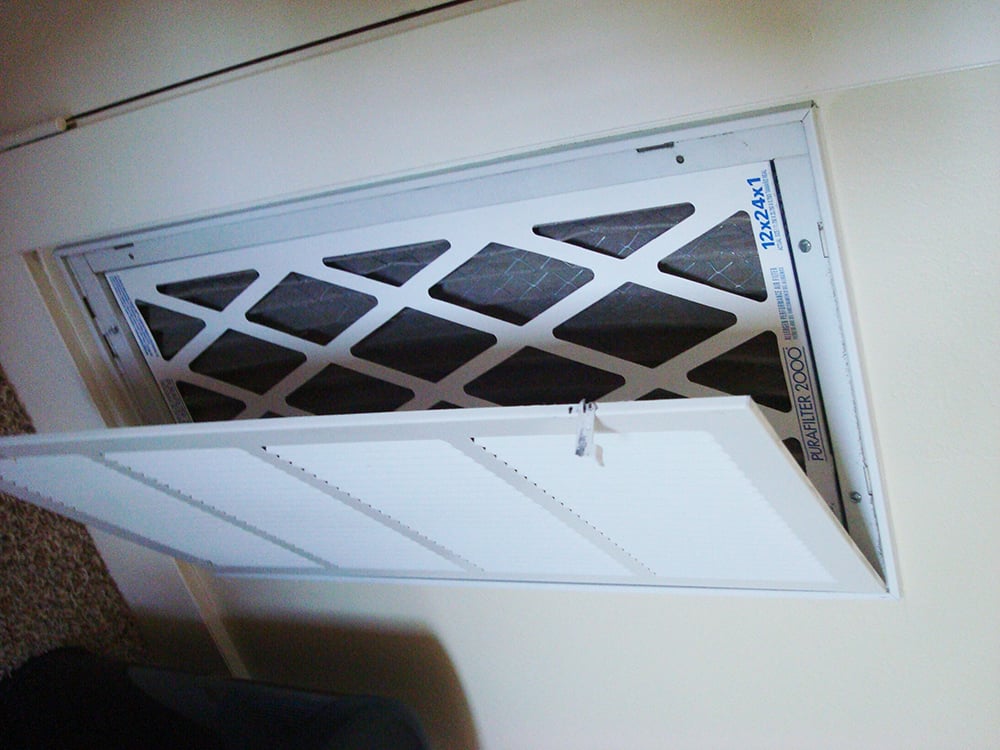
Get the house ready for inspection day itself.
When an inspector can move efficiently and quickly, it helps everyone. Happy inspectors are like all of us, and want their job to go smoothly. Open up all your window treatments — raise blinds, move curtains back from windows. Label switches that aren’t obvious. Remove everything from under sinks, and be sure there is clear, ample access to the electrical panel and water heater (this is code in most places, anyway!). A good inspector will run the dishwasher, dryer, washing machine, microwave…be sure those items are empty.
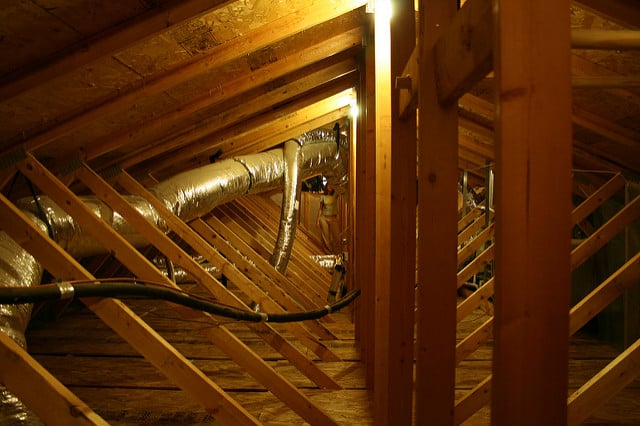
Got a shed or separate garage that stays locked? Be sure to leave the key out and labeled. Got a bunch of holiday decor crammed into the attic? Move that stuff aside, or find another place temporarily. When inspectors can’t or won’t access an area due to too much stuff in the way, they often note that on an inspection report and that adds to a buyers anxiety about what might have been missed. There is no use trying to “hide” mistakes or problems. Inspectors have seen it all and your attempts to conceal and camouflage problems makes the hunt for other things all the more intense. If you know things just don’t work, identify that in a note, up front. Got a tricky piece of equipment that’s a bit different than normal for your area? Leave out the user manual or instructions. Your goal here is to inspire the buyer to continue to move forward because of your honesty and diligence, not trying to pull a fast one or use hope as strategy that things will be missed.

Click here to view a great one-page check list for buyers from Trebor Home Inspections in Charlottesville, VA. It is a quick outline of the most important and common things that sellers can do to get ready for inspections.
Inspections can be scary for sellers, and are often an emotional low-point for buyers, as their new purchase’s defects come to light. But there are lots of things you can do upfront that are quick and easy to take away some of that anxiety for all parties.
Good luck with your inspection!
Deborah Rutter is an Associate Broker at Nest Realty with passion for teaching. She knows buyers and sellers make the smartest decisions for themselves when they are armed with data and insight. She has taught first-time homebuyer education classes, and is a featured contributor on our blog. Check back for insights and advice or contact Deborah directly to discuss your buying or selling needs.
-
Don’t Miss This Prime Spring Window To Sell Your House
According to Realtor.com, the best week to list your house this year was April 13–19. Continue reading -
4 Ways To Make an Offer That Stands Out This Spring
Now that spring is here, more and more buyers are jumping back… Continue reading -
The #1 Thing Sellers Need To Know About Their Asking Price
When you put your house on the market, you want to sell… Continue reading -
Paused Your Moving Plans? Here’s Why It Might Be Time To Hit Play Again
Last year, 70% of buyers abandoned their home search – and maybe you were… Continue reading
